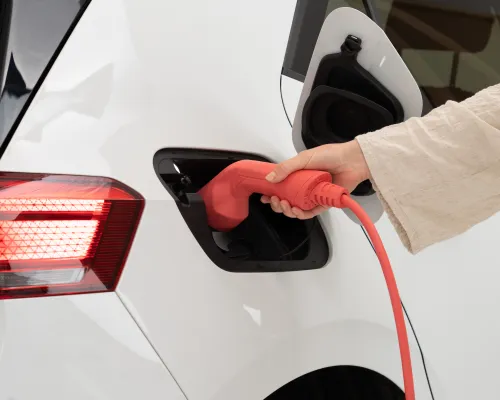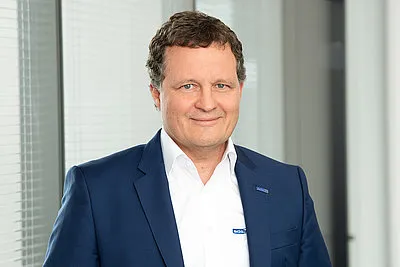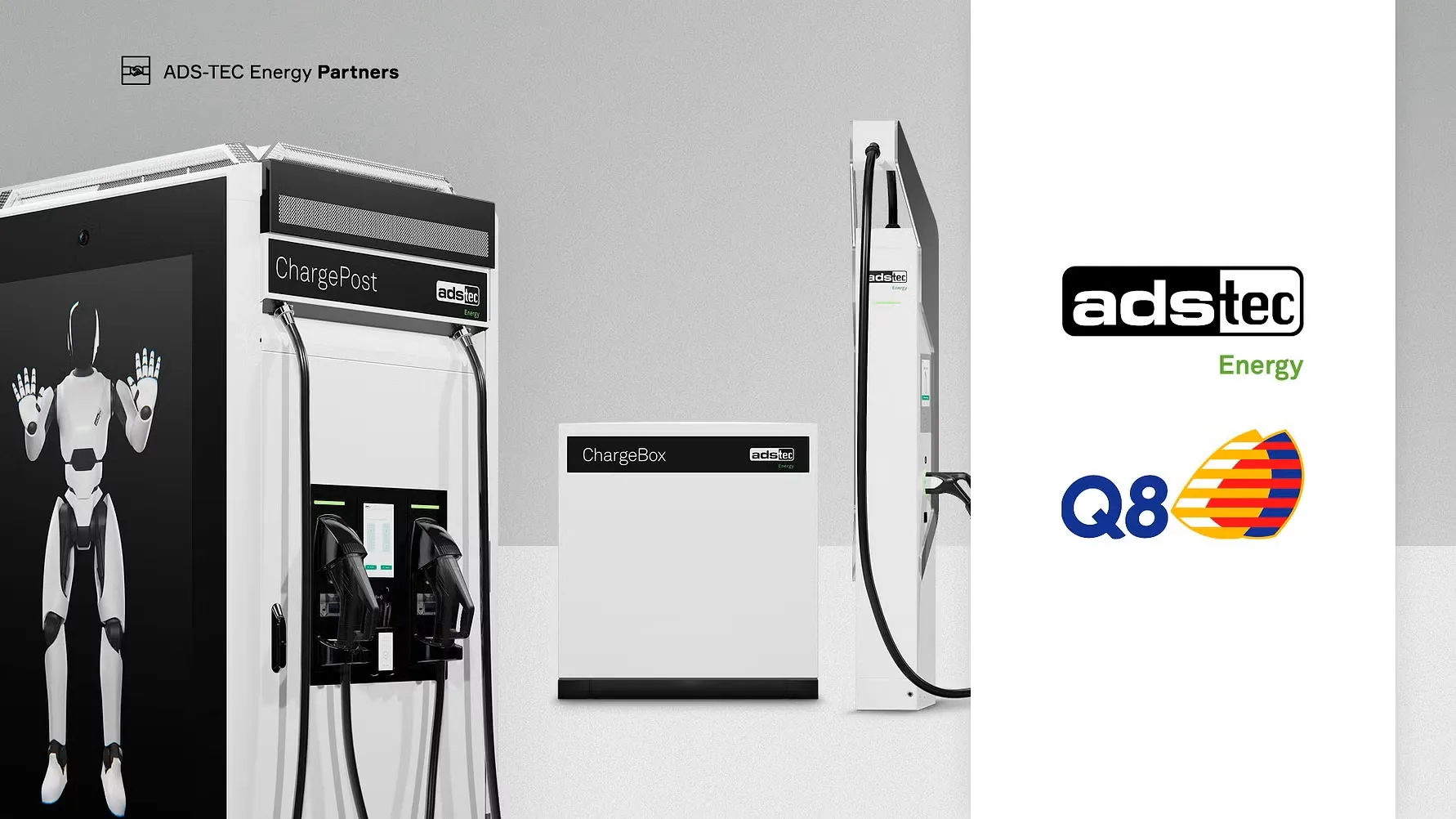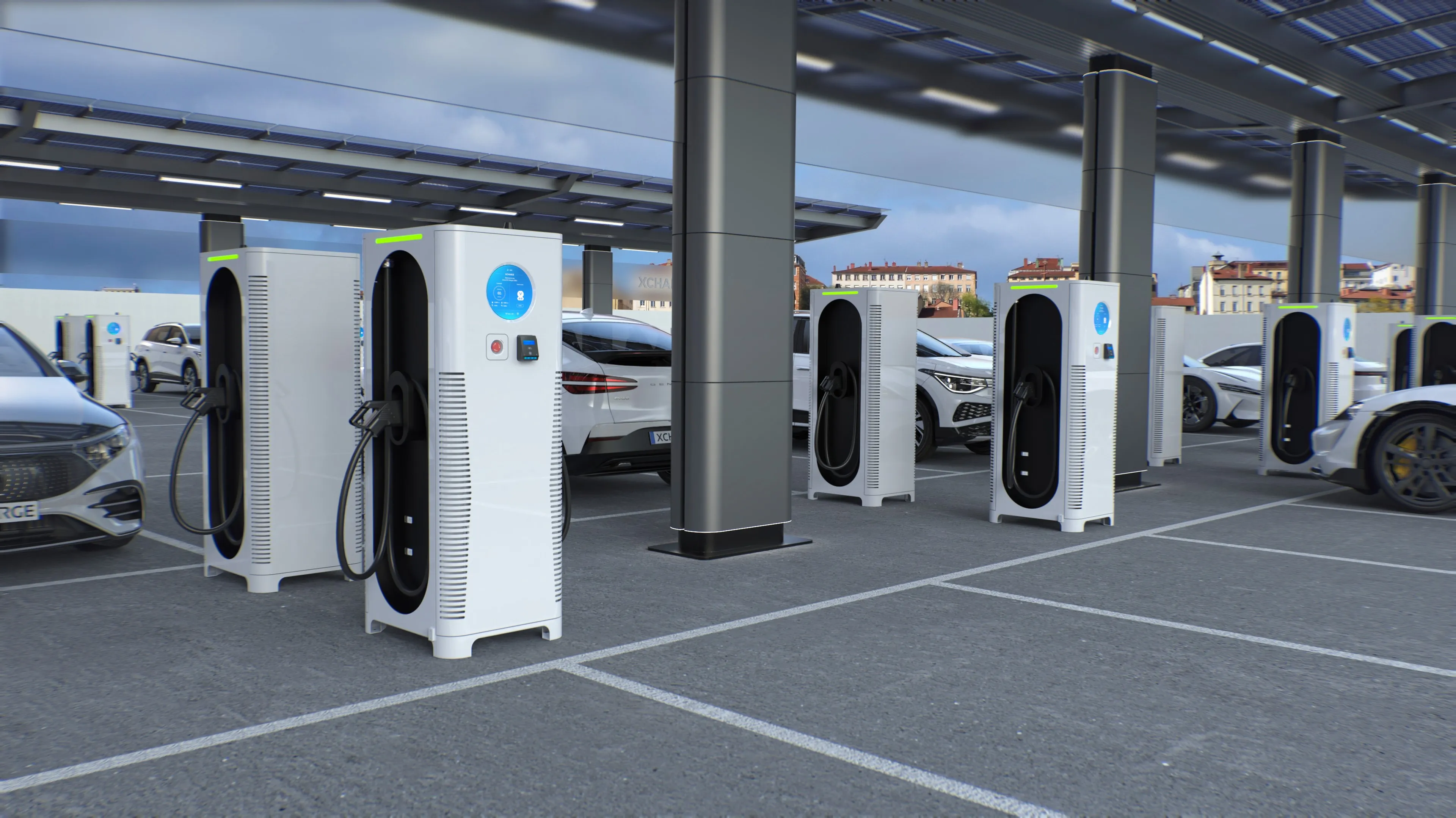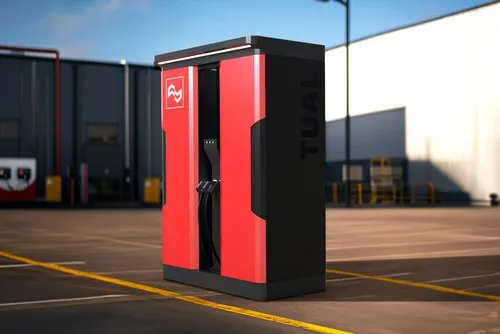
That is the view of Tual, a Scotland-based company that provides swappable powerbanks and versatile charging solutions for commercial electric vehicles.
According to Tual’s analysis, 50-80% of sites looking to electrify have constrained or absent grid connections. Obtaining the grid upgrades required for high-powered charging make the EV transition unviable for many fleets and commercial landlords. They typically take 1 to 3 years, with significant upfront capex required – ranging from £150,000 to £3 million, at an average of £500,000.
Combining energy storage and fast DC charging in one package, Tual’s new PowerUp Charger is primed to relieve fleet operators and commercial landlords of the prohibitive timelines and costs holding up electrification.
A natural extension of Tual’s industry-leading vehicle powerbank solutions, the PowerUp Charger uses the same robust design and innovative technology – providing sites facing limited energy supply with dependable DC power to keep vehicles on the road when it matters most.
In-keeping with the flexibility of Tual’s vehicle-fitted powerbanks, the PowerUp Charger majors on versatility and speed of deployment. The technology is intended for deployment within 48 hours of transaction (subject to stock), with fleet operators and commercial landlords able to use the solution within hours of installation.
The Battery-Buffer Charger is designed to make full use of sites’ energy capacity, transforming an unusable site into a viable recharge location overnight. The solution draws and stores available grid power when most efficient, while renewable-power sources can be integrated to avoid the need for further battery storage.
Fleet operators and commercial landlords can subsequently deploy the power as required, delivering high-power charging up to 120kW – giving operators the intensive charging needed to maximise vehicle uptime, and tenants the confidence to commit to the EV transition.
Philip Clarke, CEO and founder of Tual, commented: “Many users’ confidence in electric vehicles has taken a significant hit, with a commensurate impact on sales, in recent times. Whether it’s fleet operators under regulatory pressure to electrify, or commercial landlords needing to futureproof their sites, the need to accelerate EV uptake has never been greater. But the time and cost it takes to install sufficient charging infrastructure can make this unfeasible for many – especially in the case of those 50% of sites that are leased.
“The status quo is simply untenable. What fleet operators and commercial landlords need are rapidly deployable, cost-effective charging solutions that plug current charging infrastructure gaps, and get them electrifying at the required rate – but in a way that’s genuinely sustainable. In Tual’s PowerUp Charger, we’ve developed a solution that can make that mission possible, and unlock the progress that’s critical to achieving the UK’s net zero objectives.


